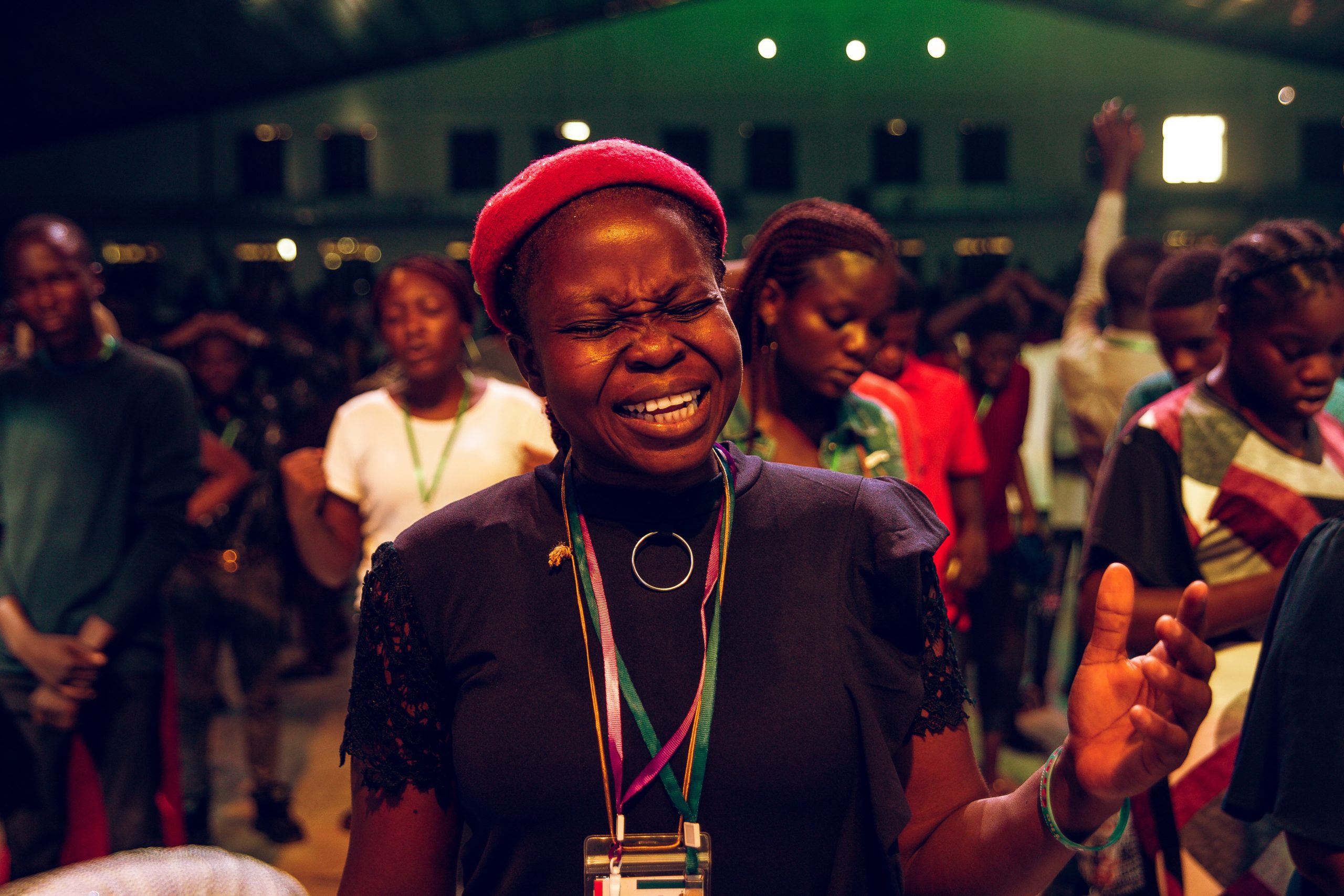
The Denis Hurley Peace Institute in Africa (DHPI), a charity under the Southern African Catholic Bishops’ Conference that promotes peace on the continent, is warning that Christians and others in Nigeria are facing a genuine genocide at the hands of Fulani herdsmen.
The charity has been investigating the circumstance of the latest deadly attack on peaceful farmers—a massacre of families working in their fields—but warns that the incident is “only the tip of the iceberg,” DHPI Director Johan Viljoen said in a recent interview with Aid to the Church in Need (ACN) Africa.
Scores of people, many of them Christians, were killed or injured when armed Fulani herdsmen attacked villages in Nigeria’s Benue State on Friday, May 20th.
The attackers first entered several villages, but finding them empty, the militants searched deeper into forests and fields and attacked the villagers at work. Many were hacked to death.
Peaceful Nigerians have been living with the threat of attacks by the semi-nomadic, Islamic Fulani for years, but their numbers have intensified drastically since February, and they only show signs of becoming bolder.
“[Attacks] happen almost on a daily basis. This time, the Fulanis struck in broad daylight. Usually, they attack at night or in the early hours of the morning,” Fr. Remigius Ihyula, Director of Justice and Peace Commission (JPC) in Makurdi diocese, site of the latest attack, told ACN.
He said that most villages in Benue and other Nigerian states in the eastern and southern regions have become desolate due to attacks by the Fulani.
“People have abandoned their homes in the villages and run to safer places in the township,” Fr. Ihyula said, and added, “Many of our local farmers have been displaced and left their farms for the herdsmen. Some have been displaced several times when the Fulanis attack them in places they have gone to seek refuge.”
Having left behind their homes and livelihoods in fear for their lives, they now find themselves living in poverty and insecurity as internally displaced people.
In an attempt to describe the worrying situation in Nigeria, DHPI director Viljoen cited the fact that with over 2 million internally displaced people in Benue State alone, there are more displaced persons in the Nigerian State than there are in Mozambique, in the Democratic Republic of Congo (DRC), and in Ethiopia.
He also cited the recent stoning of Christian college student Deborah Yakubu Emmanuel as an example of how widespread violence against Christians is in the country.
Ihyula disputed allegations that Christians suffer simply because they are a minority in Nigeria.
“Some say that Christians are not many in Nigeria. That is not true. It is just that Christians do not yield much power. It is Muslims who are in positions of power everywhere and their aim is to have the whole country subscribe to their beliefs,” he said.
Already in 2020, Bishop Matthew Kukah, prelate of the diocese of Sokoto, had characterized the violence of the Fulani as genocide occurring in a failed state.
“There is no dispute at all, that Nigeria is a largely failed state,” the Nigerian bishop told ACN at that time, adding, “It has been an old secret. It has failed its people, but the oil companies are still making a killing on the carcass.”
According to the bishop, in the midst of the capitalist chaos, terrorist groups have been funding themselves on multiple levels—kidnapping, criminality, violence—while the government plays into their hands.
“It is feared that government may be funding these groups inadvertently, largely because they have penetrated the security agencies,” Bishop Kukah said.
Two years later, Nigerian leaders are still pleading for the international community not to turn a blind eye.
Viljoen said: “It is time for people to wake up and to see what is happening and to take concerted effort in solidarity with the people of the southeastern region of Nigeria, or otherwise, we will be facing a genocide on a scale that the world has not yet seen.”
